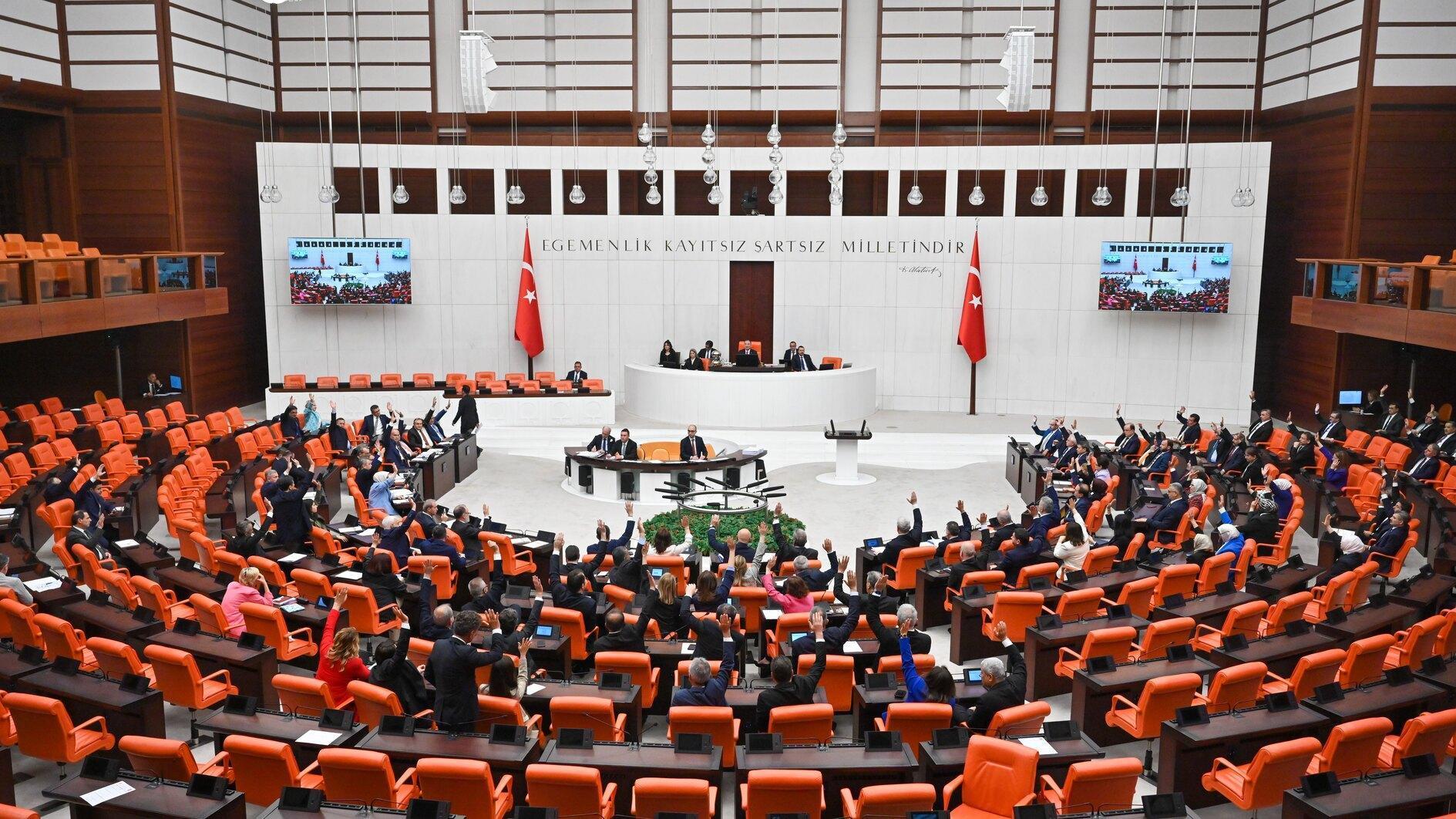
The Turkish parliament, initially set to recess on July 1, has extended its working period after the ruling Justice and Development Party (AKP) proposed a revised calendar.
The legislative body is now expected to go on recess at the end of July following the completion of several key legislative proposals.
Among the critical issues awaiting the parliament’s attention are a bill on "euthanasia" for stray dogs and a new tax package.
The stray animal bill has ignited public and political debate, outlining guidelines for the capture and sterilization of stray dogs.
The bill prioritizes the rounding up of dogs deemed aggressive, prone to rabies or anatomically deformed, allowing non-threatening dogs to remain on the streets if sterilized.
Strays deemed too ill or excessively aggressive for shelter care, or those not adopted within a month, will face "euthanasia" under the proposed law. This measure has spurred discussion and controversy.
Additionally, a reported tax regulation is under consideration, though its specifics remain unclear.
Media reports say various new taxes might be introduced.
Addressing claims, AKP spokesperson Ömer Çelik said that "most statements regarding new taxes are speculative."
"These are efforts to ensure tax justice," he stated.
Notably, there are also reports of an increase in the exit fee from Türkiye, potentially rising from 150 to 1,500 Turkish Liras.
The AKP also plans to introduce a legal amendment to reinforce austerity measures in the public sector. The legislation, aligned with a previous circular on austerity, seeks to bolster fiscal discipline, according to local media.
In a related development, the Capital Markets Board (SPK) has been given authorization to regulate the issuance, sale and distribution of cryptocurrencies.
A bill passed on June 26 imposes a capital requirement on service providers to protect investors and enforce sanctions. All transfer transactions will now be recorded, and the SPK will have the authority to set terms of contracts between service providers and customers.
Meanwhile, a new distribution of the 600-seat Turkish parliament according to provinces was published.
The Supreme Election Council (YSK) has adjusted the representation based on population data.
Bursa, Eskişehir, Tunceli and Bayburt each gain one more deputy, while Istanbul loses two and Hatay and Kütahya each lose one.
Consequently, Istanbul will have 96 MPs, Ankara 36 and İzmir 28. Metropolitan cities Ankara and Istanbul will be divided into three constituencies, while İzmir and Bursa will be divided into two.